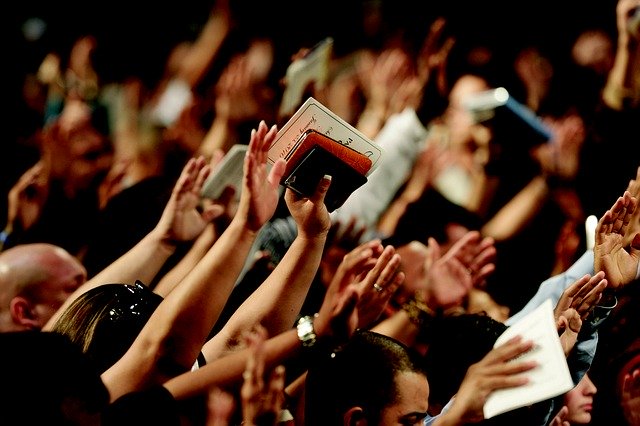An IPS Commentary
By Mike Winther, President of the Institute for Principle Studies
Are Christian Selfish With Our Liberties?
As the “stay-at-home” orders and other government restrictions on movement and assembly have continued, many churches have become frustrated at the limitations on their corporate worship. As a result, many church bodies have made statements or drafted documents that are asking public officials to restore their ability to gather for congregational worship.
I want to applaud these efforts. It is important for the church to defend its God-given rights to travel, assemble, and worship. I do, however, want to challenge all churches and all believers to develop a consistent philosophy on rights: one that is accurate, consistent, and not selfish.
Here are some important questions that all Christians need to contemplate:
1. Do our rights come from man or do they come from God?
Perhaps the most important philosophical foundation of the 18th century “American experiment” was the proposition that rights come from God. This was a religious statement, but more importantly it was a sociological and political statement. If God is the source of our rights, then only God can legitimately remove or regulate them. If, on the other hand, these rights are derived from man, then man can legitimately remove or regulate them. For centuries, insightful scholars both inside and outside of the church have understood that there is no security of rights without the understanding that they derive from the creator.
2. Do all people have a God-given right to freedom of assembly?
If the rights outlined in our Bill of Rights, along with the myriad of other rights that go along with them, are God-given, then we must ask, “To whom does God give these rights?” Does He give them only to believers? Theologians often refer to the “common grace” by which the Lord blesses all mankind. (Both the just and the unjust receive the blessings of rain.) For a host of reasons, both scriptural and logical, we must conclude that God’s preceptive will bestows these rights to all mankind.
Civil rights are those rights that relate to man’s relationship with the civil government authorities. True “civil rights” are simply a reflection of God’s justice. If we pursue true justice as described in the pages of scripture, we arrive at an orderly, consistent system of civil rights. As followers of Jesus Christ, we must provide justice and the protections of justice to all men. These civil rights (this justice) must be applied equally to all mankind.
3. What is our witness to the world if we defend our rights, but fail to defend the rights of others?
Luke 6:31 tells us, “Do to others as you would have them do to you”. If, as Christians, we want unbelievers to support our rights, we ought to do for them what we want them to do for us. That is: we should be fervent in protecting the liberties of our non-Christian neighbors.
Yes, it is permissible for Christians to work to protect our God-given rights, but we should be even more ardent in the defense of our neighbor’s rights. If we would share our food with those in need, how much more fervently should we share that far more valuable gift of liberty?
Conclusion
If, as Christians, we desire to advocate for our rights to movement and assembly, we must also advocate for the same rights for others. If we believe that our 300-member congregation should be free to gather, then we should also believe that a 300-member secular service club should be free to meet. We should make sure that all of our statements and documents on the issues related to public policy responses to the novel coronavirus are clear to support the fundamental principle of God-given rights for all people, not just the church.
“First they came for the socialists, and I did not speak out—because I was not a socialist. Then they came for the trade unionists, and I did not speak out— because I was not a trade unionist. Then they came for the Jews, and I did not speak out—because I was not a Jew. Then they came for me—and there was no one left to speak for me.”
Martin Niemoller
Lutheran pastor in Germany (1892-1984)

